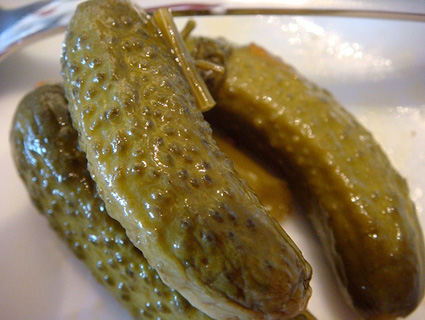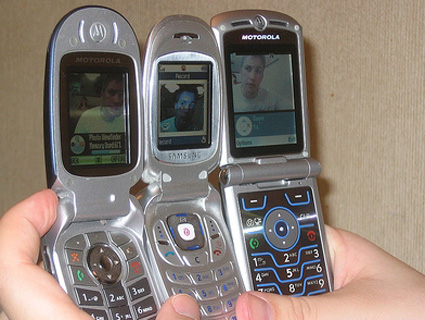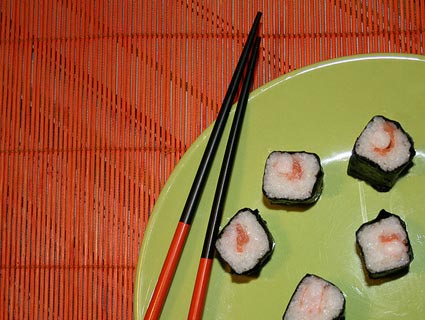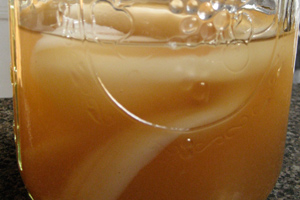
<a href="http://www.flickr.com/photos/kimncris/2338352716/">Kim'n'Cris Knight</a>/Flickr
Yesterday, I filtered through a deluge of articles about the evils of everyday life—according to some recent media, commuting, sitting at a desk, and even pickles, can damage your health. As promised, I talked to a pro about how we process this kind of information. Social psychologist Kevin Binning, who studies human response as a post-doc at UC-Santa Barbara, thinks that this cautionary info won’t resonate with people…unless the subject at hand never really mattered to them in the first place.
Mother Jones: Are we receptive to messages about potential danger in daily life? If so, do they change our behavior?
Kevin Binning: Say I’m an avid pickle fan, and I eat them all the time. I’m not going to be swayed by the information that they could be bad for me at all. I’m not in a mental place where I’m going to be receptive. But, if I’m in a place where pickles aren’t central to my identity, then next time I see a pickle I’ll think, “Hm, should I be eating that?” The people who these articles are targeting are the ones who aren’t going to listen.
MJ: What if it’s something we don’t have a choice about, like commuting?
KB: You’ll normally say, “This is just another in a long line of things that are bad to me,” and then you kind of go about your daily life. It’s just another thing to add onto the pressure that we face every day. We can’t possibly cope with all these threats all the time; there’s no way. We will probably selectively respond to the ones that we can do something about.
MJ: What advice would you give on how to best process this kind of information?
KB: I think I would suggest a statistical argument rather than a psychological one. That is, even if there are risks associated with these daily activities, the likelihood of serious harm coming to any given person as a result of a given cause is usually quite remote.
Another thing worth mentioning is that these sorts of bad news claims are often swords that cut both ways. When faced with bad news about possible harm, people should consider whether there are also benefits to health or well-being associated with the same cause. I think especially in the case of these bad news claims that are a necessary part of life, it is easy to come up with benefits that come from the same behaviors. When it comes down to it, the claims we see in the media are often only weak correlations.
MJ: Can you give us some example of these benefits?
KB: A good example is the pickle. On one hand, certain pickling techniques might be (weakly) associated with cancer, but on the other hand, the reason why certain folks are eating large amounts of pickles in the first place is because of the nutritional and caloric value they are getting. Similarly, many of us commute from the suburbs to the city, but why? Often it’s because there are better public schools in the suburbs, more affordable housing, more peace and quiet, and so on. So, there are trade-offs that we make, and it’s important not to lose sight of the good that comes with the bad.

















